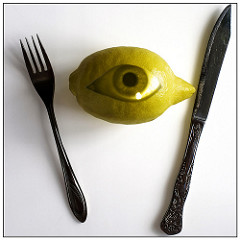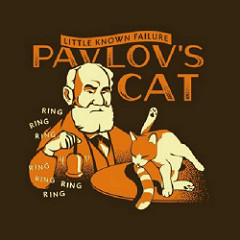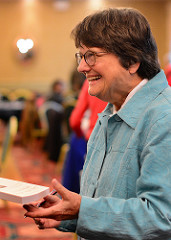Podcast: Play in new window | Download (Duration: 55:03 — 75.6MB)
Subscribe: Spotify | RSS | More


This episode is all about false dichotomies–situations or ideas that seem like dilemmas (and thus require a difficult choice to be made) but which really aren’t. Much of the public discussions of things like the hours that residents work, the funding for medical research, the lifestyles that residents are forced to lead, the choices that prospective medical students make are couched in terms of either/or choices. Corbin Weaver, Matt Wilson, John Pienta, and Kaci McCleary discuss the alleged dilemmas that we encounter in medicine and medical education, and conclude that these choices are often not mutually exclusive. It is possible to have both shorter hours and safer patient handoffs and quality education, despite rules that seem to indicate otherwise. It is possible to adequately fund basic science research and fund a sensible national defense, despite presidential budgets that slash NIH funding. Should listener Justin study during the summer prior to med school to begin medical school on the right foot, or will he struggle if he takes a break to live a little? And listener Julian is super annoyed at the admissions process. Is his ire justified? Listeners, share your thoughts and questions with us each week. Call us at 347-SHORTCT any time.














